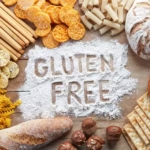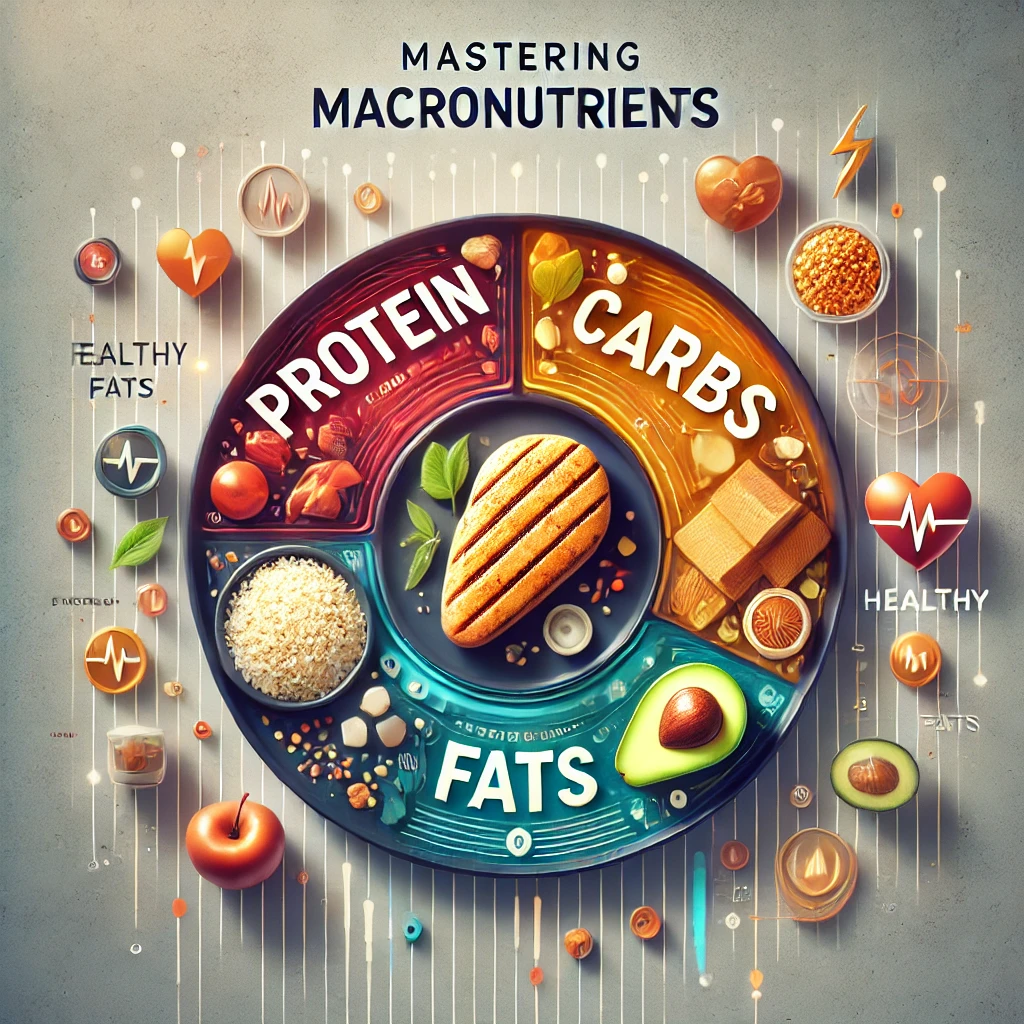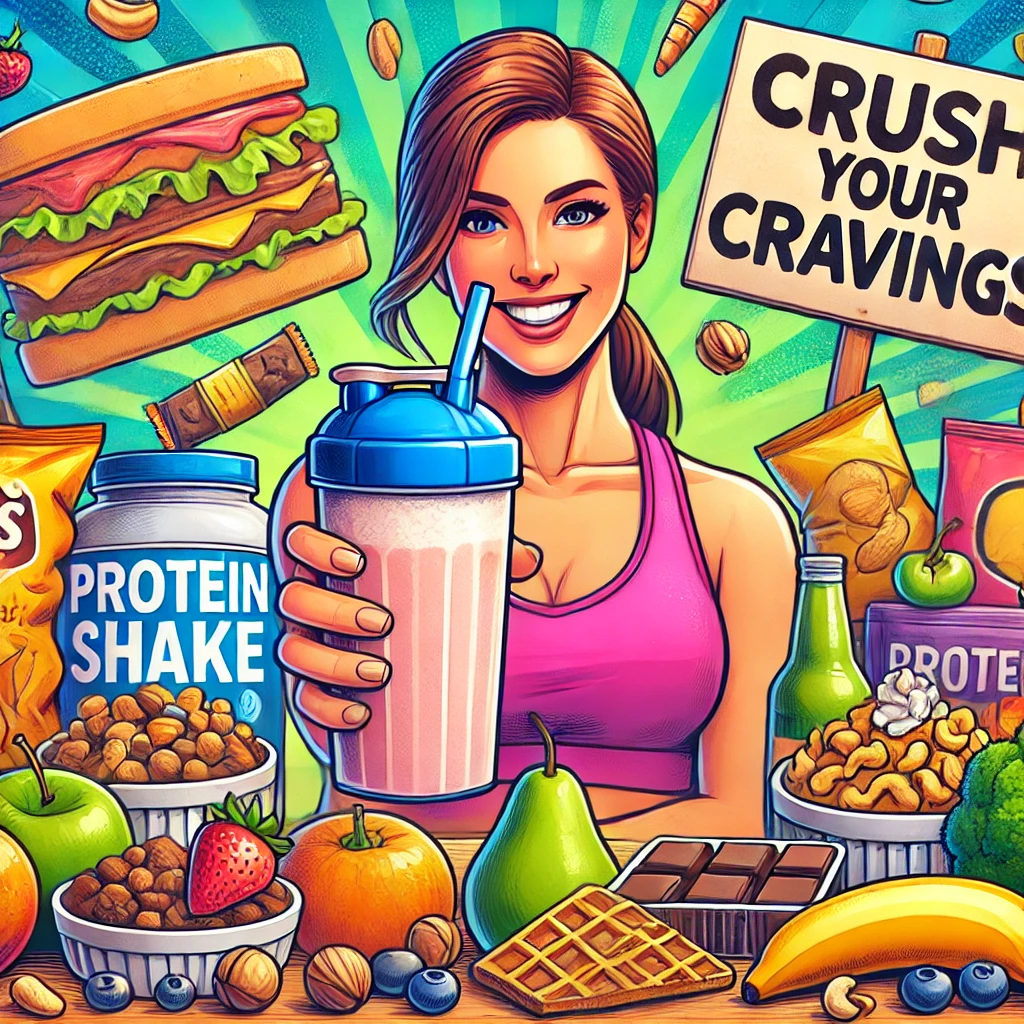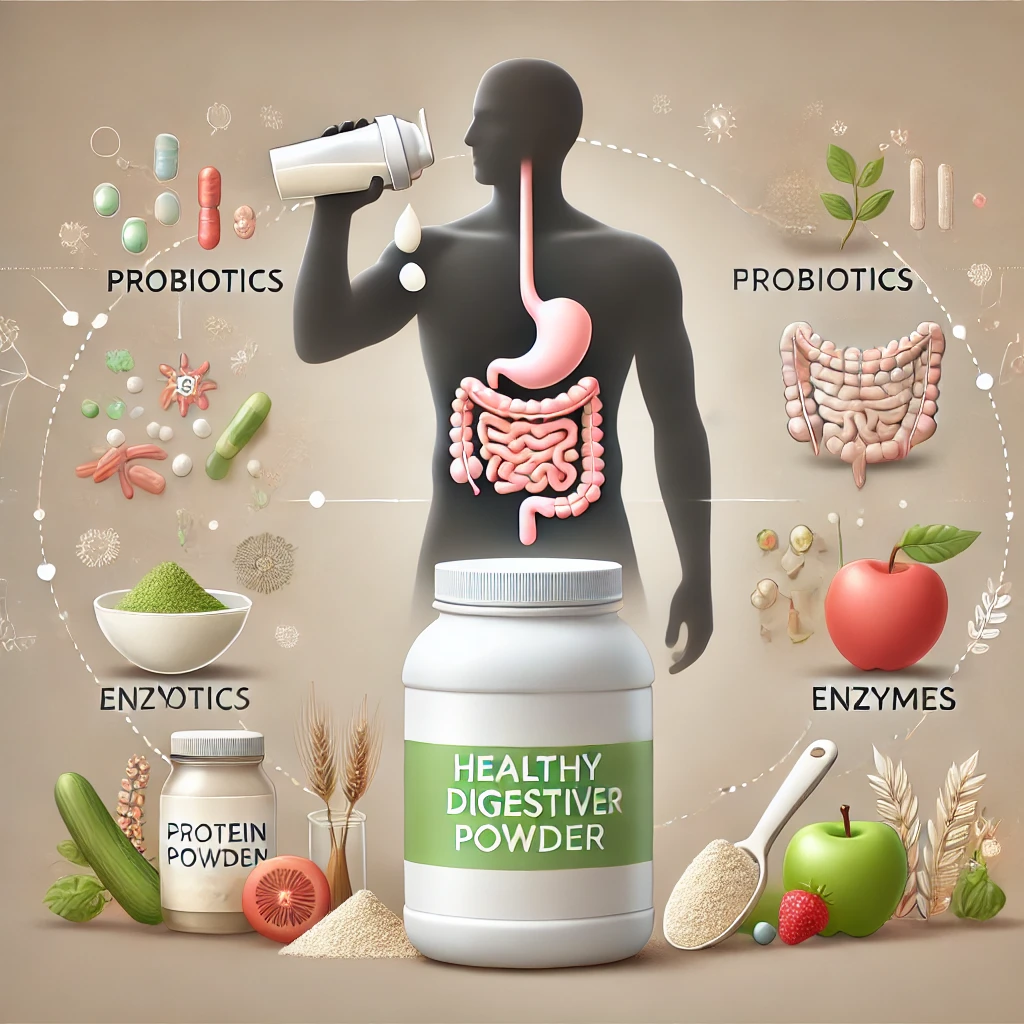When it comes to nutrition for children, especially protein, many parents find themselves asking, “Is protein powder necessary for my child?” With the rise in popularity of protein supplements, it’s easy to get caught up in the marketing and wonder if these products are essential for growing kids. Let’s dive into the world of protein, break down what kids need, and figure out if adding protein powder is the right choice.
Table of Contents
Understanding Protein Needs in Growing Children

Why Protein Is Essential for Growth and Development
Protein is one of the building blocks of life—literally. For children, it’s even more crucial as their bodies are in a constant state of growth. Protein helps build muscles, repair tissues, and produce enzymes and hormones. It’s the superhero of nutrients when it comes to healthy development, impacting everything from bones to immune function.
How Much Protein Do Kids Really Need?
Understanding how much protein a child actually needs can sometimes be tricky. Many parents overestimate, thinking more is always better, but in reality, the requirements are often quite manageable with a balanced diet.
Age-Based Protein Requirements
Protein needs vary depending on age, activity level, and overall health. On average, young children between 1-3 years old need about 13 grams of protein daily, while those aged 4-8 need roughly 19 grams. As kids grow, their needs increase, with preteens and teenagers requiring between 34 to 52 grams, depending on their age and sex. These amounts might sound like a lot, but they are easily met with everyday foods.
Signs of Adequate Protein Intake in Children
Most children get enough protein through their regular diet without needing supplements. Signs that a child is getting enough protein include steady growth, healthy energy levels, and well-developed muscles. Conversely, signs like fatigue, poor growth, and weakened immunity could suggest a need for more dietary protein—but that’s where a doctor’s evaluation comes in handy.
Natural Sources of Protein for Kids
Protein-Rich Foods for a Balanced Diet
The best way for children to get their protein is through whole, nutrient-dense foods. Not only do these foods provide protein, but they also offer other essential vitamins and minerals that help with overall health.
Animal-Based Sources
Animal-based proteins are often considered “complete proteins” because they contain all nine essential amino acids. Foods like chicken, eggs, fish, milk, cheese, and yogurt are excellent sources of protein that kids typically enjoy. An egg, for example, contains about 6 grams of protein, and a small serving of chicken breast can provide around 20 grams.
Plant-Based Sources
If you’re raising a vegetarian or just trying to cut down on meat, plant-based options are plentiful. Beans, lentils, chickpeas, nuts, seeds, and tofu are fantastic sources of protein. Quinoa, often dubbed a “super grain,” is also a great source, providing around 8 grams of protein per cooked cup.
The Importance of Whole Foods Over Supplements
Whole foods are always preferable because they bring a combination of protein, healthy fats, fiber, vitamins, and minerals. Unlike protein powders, whole foods are minimally processed and contain a balance of nutrients that work together to support a child’s growth.
Should Kids Use Protein Powder?

Situations Where Protein Powder May Be Considered
There are some situations where parents might consider protein powder for their children. But remember, these are the exception, not the rule.
Active Kids and Sports Nutrition
If your child is particularly active, involved in sports, or going through a growth spurt, they may need a little extra protein. However, this can typically be managed through high-protein meals and snacks rather than supplements.
Picky Eaters and Dietary Gaps
For picky eaters who refuse to eat a variety of foods, it might be challenging to meet their protein needs. In such cases, a small amount of protein powder can be added to smoothies to help bridge the gap. Consulting a healthcare provider is always a good idea before making this choice.
Risks of Giving Protein Powder to Children
Protein powders are generally designed for adults, which means they may contain ingredients that are not suitable for young kids. These might include added sugars, artificial flavors, or even stimulants. Too much protein can also put strain on a child’s developing kidneys and can lead to imbalanced nutrition if it crowds out other essential nutrients.
Common Misconceptions About Kids and Protein Intake
Myth: Kids Need Protein Shakes to Grow Strong
Many people believe that protein shakes are essential for kids to develop muscles and grow strong, but this is more marketing than fact. Most kids, even those who are active, can meet their protein needs through food alone without requiring protein powders or shakes.
Myth: More Protein Means Better Health
Another common misconception is that more protein is always better. In reality, excess protein isn’t stored as muscle—it gets converted to fat or can be excreted. Overloading a child’s diet with protein can displace other critical nutrients like carbohydrates and healthy fats.
Pros and Cons of Protein Powder for Kids

Benefits of Protein Powder
When used properly, protein powder can be a convenient way to fill occasional dietary gaps, especially for older kids who are highly athletic. It can also be a quick solution for picky eaters who need a nutrient boost.
Potential Downsides and Risks
However, the downsides can outweigh the benefits. Many protein powders contain artificial ingredients or excessive sugar, which are unnecessary and potentially harmful for children. Moreover, over-relying on protein supplements can lead to an unbalanced diet, missing out on the variety of nutrients found in whole foods.
Choosing the Right Protein Powder (If Necessary)
What to Look for in a Safe Protein Powder
If you decide to give protein powder to your child, look for a product with simple ingredients, ideally organic, and free from artificial additives. It’s also essential to choose one specifically formulated for children if available.
Ingredients to Avoid
Avoid powders that contain added sugars, artificial colors, or preservatives. Always read the label, as some protein powders may contain allergens like soy or dairy, which could be problematic for some kids.
How to Ensure Kids Get Enough Protein Naturally
Tips for Planning Protein-Rich Meals
Incorporate a variety of protein sources throughout the day. Breakfast can include eggs or Greek yogurt, lunch might have a serving of beans or chicken, and dinner could include fish or tofu. Snacks like cheese sticks, nuts, or hummus can also boost protein intake.
Encouraging Healthy Eating Habits in Children
Encouraging kids to try different foods and involving them in meal planning or cooking can make them more interested in their diet. A balanced approach that includes proteins, carbs, and fats will provide all the nutrients they need without the need for supplements.
Conclusion: Is Protein Powder Necessary for Kids?
For most kids, protein powder is not necessary. A balanced diet full of whole, natural foods typically provides all the protein they need to grow and thrive. While there may be special circumstances where protein powder could be useful, these are rare and should be approached with caution. Always prioritize whole foods and consult with a healthcare provider before considering supplements.
Frequently Asked Questions
1. Can protein powder stunt a child’s growth?
No, protein powder itself does not stunt growth. However, excessive protein intake can cause health issues, including stress on the kidneys, which indirectly could impact a child’s overall health and growth.
2. How do I know if my child needs more protein?
Signs that your child might need more protein include constant fatigue, poor growth, and slow recovery from illness. It’s best to consult a pediatrician for an accurate assessment.
3. Are there any side effects of giving protein powder to kids?
Yes, potential side effects include digestive issues, excessive weight gain, and imbalance in nutrition. Some protein powders also contain additives that are not safe for children.
4. Can vegetarian kids meet their protein needs without supplements?
Absolutely. Vegetarian kids can meet their protein needs through plant-based foods like beans, lentils, tofu, nuts, and seeds. Combining different plant sources ensures they get all the essential amino acids.
5. What are some kid-friendly, protein-rich snacks?
Kid-friendly protein-rich snacks include cheese cubes, yogurt, peanut butter on whole-grain bread, boiled eggs, and smoothies made with Greek yogurt or milk. These options are nutritious and easy to prepare.









